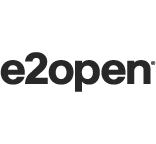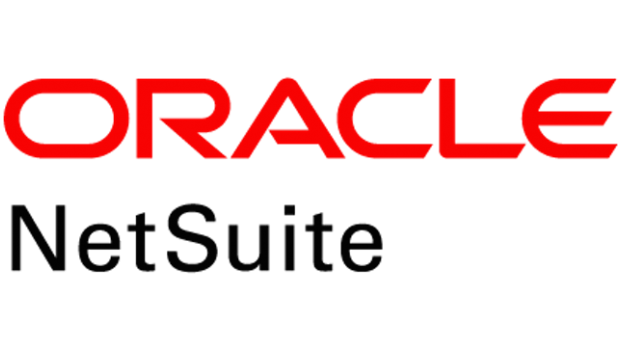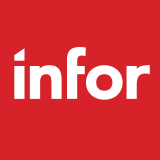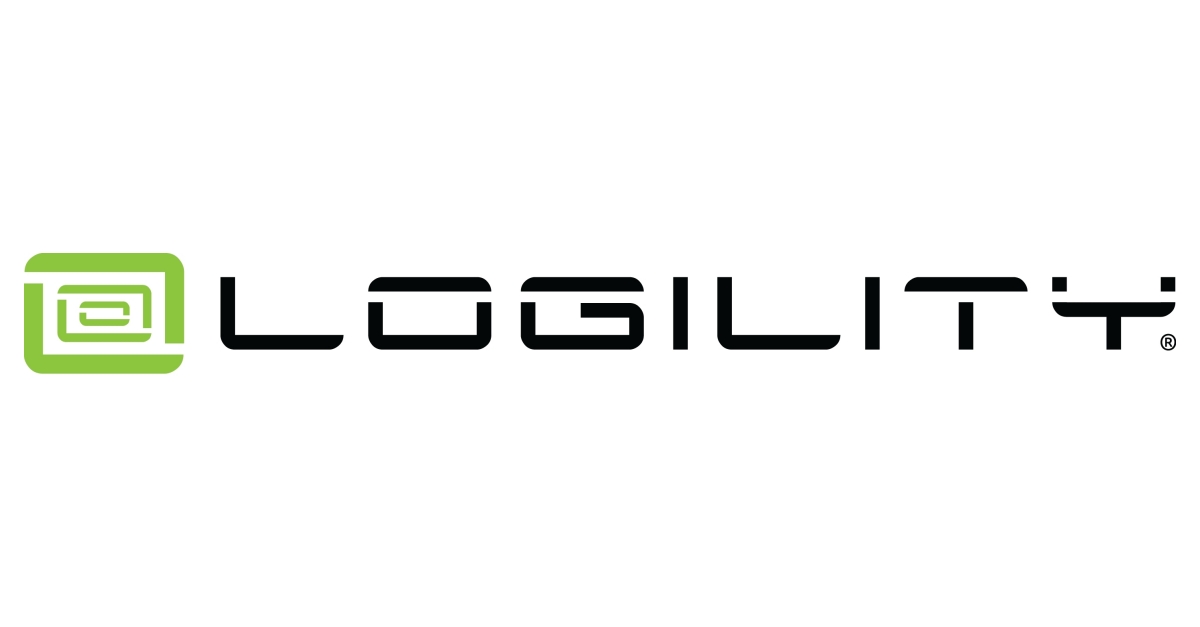10 Best Supply Chain Management Software.
49,378 Companies
- United States: 10,750 Companies
- North America: 13,215 Companies
- EMEA: 19,041 Companies
- United Kingdom: 3,391 Companies
- APAC: 9,272 Companies
- Australia and New Zealand: 1,719 Companies
(MSPs, CRM Vendors, Resellers, ISVs, CRM Software Companies) in our database across the globe
what Is Supply Chain Management?
Moving goods from suppliers to distributors is a function of supply chain management (SCM). To increase profitability, SCM involves the movement of items and information throughout the various phases of the supply chain. SCM involves a number of key processes, including the acquisition of raw materials, product development, marketing, operations, distribution, finance, and customer service. Customers have a crucial role in SCM. SCM, or supply chain management, aims to optimise overall value. Value and supply chain profitability are related. Profitability, in this context, is the difference between total customer revenue and total supply chain costs.
1. SAP SCM
In order to match client requests, SAP has observed all current trends in the technology sector. Software for managing the supply chain that is connected with SAP, or SAP SCM, allows for greater market responsiveness. Modern technology in it is designed to help your firm expand quickly. Your business can change as a result of supply chain optimization with SAP SCM. You may run your firm efficiently and successfully with the help of its robust features, which includes business analytics and forecast, production planning, and logistics management.

2. Oracle Cloud SCM
A complete cloud-hosted supply chain management solution is Oracle Cloud SCM. In light of the constantly shifting needs of supply chains, it seeks to harmonise end-to-end business processes. Your supply chain will become more efficient thanks to this creative idea, which might help you save millions of dollars. Oracle Cloud also offers multilayer protection to keep your data safe. Customers have the option of connecting to a secure VPN while accessing the cloud is encrypted. Each customer's data is separated as a result. This reduces risk and offers embassy-level protection.

3. E2open
The E2open offers unified supply chain management with features including demand sensing, international trade management, Harmony, business planning, warehouse and inventory management, channel shaping, and more. The objectives of the organisation are aligned with unified action plans that involve both internal and external partners. The top 125 global brands are among the more than 1200 users that E2open now supports. Over 10 billion in revenue is produced annually by each of these 125 clients across a variety of markets, including high, consumer, industrial, transportation, and more.

4. Microsoft Dynamic 365 SCM
Customer relationship management (CRM) and traditional ERP systems are combined to form the single, potent solution known as Microsoft Dynamics 365, a cloud-based supply chain planning software. You only pay for the services you really use with Dynamic 365. You will also have strong apps at your fingertips to increase the functionality of the software thanks to its extensive app store. You can always obtain reliable and foreseen business data thanks to integrated predictive analytics, Microsoft Azure Machine Learning, and Cortana Intelligence.

5. Magaya
Including freight forwarders, third-party logistics companies, carriers, and importing/exporting companies, Magaya is an end-to-end supply chain management solution for these service providers. The entire process, from order placement to product delivery, may be streamlined with Magaya by centralising and optimising operations, real-time tracking, rate control, and compliance.

6. Oracle Netsuite
This supply chain management tool is entirely cloud-based and has a wealth of capabilities, including real-time supply chain visibility. It is simple to carry out business strategies with NetSuite's planning and execution modules, even if your manufacturing is spread out across the continent. Work order management offers transparent and precise insights into the manufacturing process regardless of place, time, or subsidiaries. Your supply chain will operate without any hiccups with NetSuite and with little work on your part.

7. Infor SCM
Infor SCM is an enterprise supply management software. It is entirely hosted in the cloud and accessible on all platforms, including mobile, tablet, and desktop. The supply chain product lifecycle and warehousing modules can be used separately or in conjunction with the supply chain system. Supply chains across numerous industries, including food and beverage, retail, fashion, chemicals, and equipment, have been implemented using Infor's enterprise resource planning software M3, which supports 19 different languages.
8. BlueYonder
JDA has operations in the hospitality, travel, retail, distribution, logistics, manufacturing, and entertainment industries. According to the company's website, it offers a particularly impressive 3PL (third party logistics) section that comprises "inventory optimization, omni-channel fulfilment, returns facilitation, and even value-added warehouse or manufacturing services." The service assists clients in boosting productivity, cutting costs, managing risk throughout their supply chains, and enhancing customer service.

9. Descartes SCM
Descartes SCM's capabilities, including B2B connection, customs compliance, global trade intelligence and others increase functionality and efficiency. It makes your company into a smarter digital version of itself using artificial intelligence and business intelligence. Descartes SCM delivers modular and wireless logistics that optimise company processes across numerous media, in addition to being a cloud-based platform. Brands can obtain assets and goods as needed thanks to their cutting-edge global knowledge.

10. Logility
Providing a sustainable supply chain for improved business functionality and profitability, Logility is yet another SCM solution. This software has been used by some of the top brands in the world, like Starbucks and Pandora, for 45 years with effective supply chain operations. This AI-based application combines analytics from various sources to satisfy corporate needs and efficiently plan for present and future difficulties. With the help of its SPO solution, businesses may review SCM sourcing, optimise raw materials, and use automation, among other things.
Supply Chain Management Software faqs
Moving goods from suppliers to distributors is a function of supply chain management (SCM). To increase profitability, SCM involves the movement of items and information throughout the various phases of the supply chain. SCM involves a number of key processes, including the acquisition of raw materials, product development, marketing, operations, distribution, finance, and customer service. Customers have a crucial role in SCM. SCM, or supply chain management, aims to optimise overall value. Value and supply chain profitability are related. Profitability, in this context, is the difference between total customer revenue and total supply chain costs.
By automating processes, it benefits organisations in product creation, sourcing, production, and logistics.
two main types of SCM software applications:
planning and execution.
SAP
